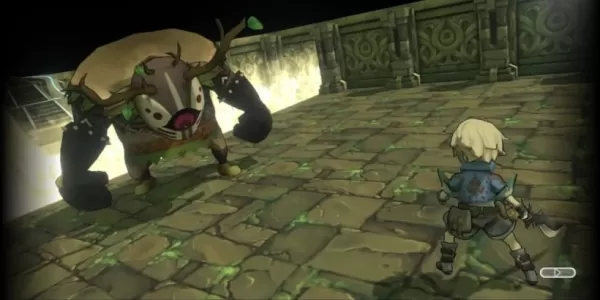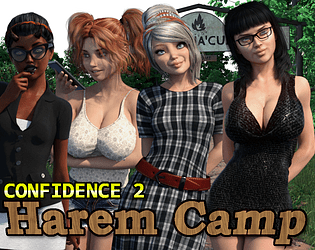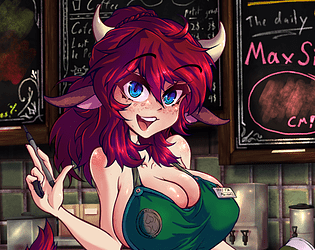
Yasuhiro Anpo, the director behind the acclaimed remakes of Resident Evil 2 and Resident Evil 4, shared insights into the decision-making process that led to the revival of the 1998 classic. Anpo noted the overwhelming fan interest in bringing back the former glory of the cult favorite, saying, "We realized: people really want this to happen." This sentiment was echoed by producer Hirabayashi, who confidently stated, "Alright, we'll do it."
Initially, the team contemplated beginning with Resident Evil 4. However, after thorough discussions, they acknowledged that the game's reputation as nearly perfect posed a significant risk for any alterations. Consequently, the focus shifted to an older title in the series that was in dire need of modernization. To ensure they captured what fans desired, the developers meticulously studied fan projects, gaining valuable insights into player expectations.
Yet, doubts weren't exclusive to Capcom. Even after the successful releases of the remakes and the announcement of the next one, fans voiced concerns. Many argued that Resident Evil 4, unlike its predecessors, did not require an update to the same extent. While Resident Evil 2 and Resident Evil 3, launched in the 1990s on the original PlayStation, featured outdated elements such as fixed camera angles and cumbersome controls, RE4 had revolutionized the survival horror genre in 2005. Despite these initial reservations, the Resident Evil 4 remake managed to retain the essence of the original while enhancing both gameplay and narrative.
The commercial triumph and overwhelmingly positive critical feedback validated Capcom's approach. It demonstrated that even a game considered nearly untouchable could be reimagined with a deep respect for its origins and a fresh, creative touch.









